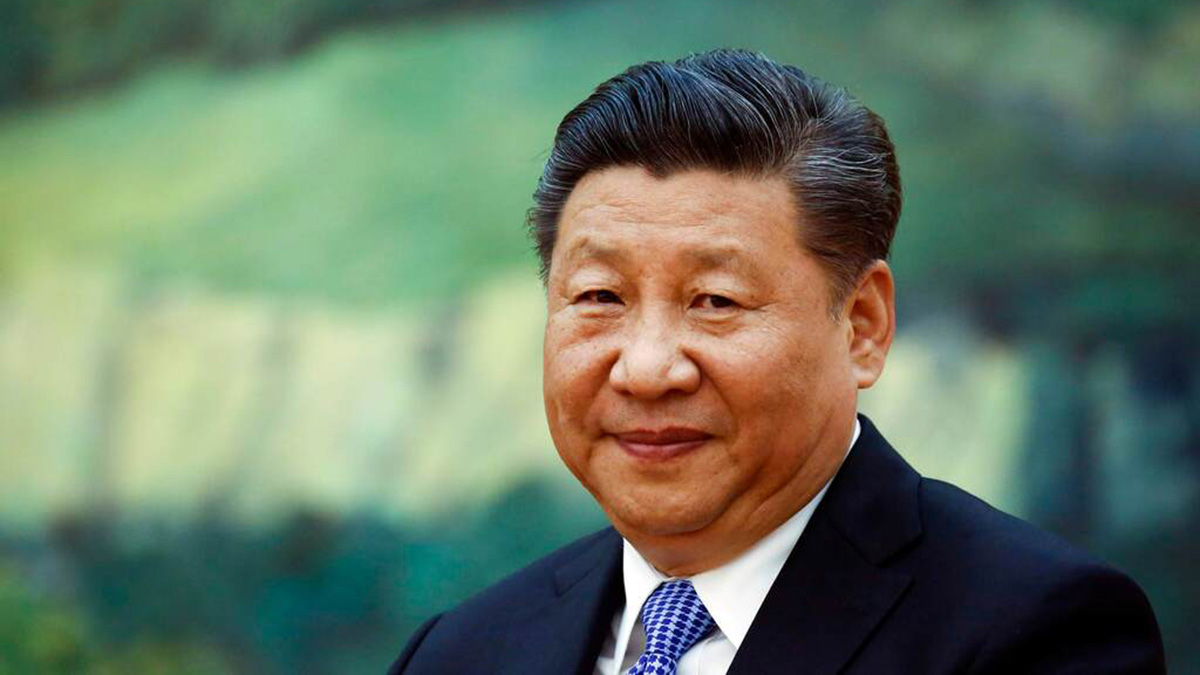China’s Ministry of State Security (MSS) is stepping out of the shadows.
The powerful spy agency is warning citizens that nefarious foreign agents are everywhere – and that it needs the public’s help to stop them.
But what is the MSS? And why is Xi Jinping raising its profile?
Let’s take a closer look:
What is it?
As per The Diplomat, the MSS is the central agency in China’s state security apparatus.
The MSS exerts some control of its counterparts in the lower echelons of the bureaucracy.
According to PRCleader.org, the MSS is one of two agencies – the other being the Ministry of Public Security (MPS) – that handle surveillance within China.
The MSS was set up in 1983.
This came as a result of a union between the Central Investigation Department (CID) of the CCP and the MPS’ counter-intelligence unit.
According to the website it is arguably the most clandestine of all China’s security agencies.
Little is known about its MSS’ organisation, size, and its operational tactics.
Impact Shorts
More ShortsLocal governments began establishing MSS departments after its formation.
However, this is not the case in all jurisdictions.
In Beijing’s Shijingshan, for example, an MSS unit was not established until decades later in 2005.
Its primary missions are to conduct domestic counterintelligence and overseas operations.
The MSS specifically looks at persons with suspected foreign connections or being ethnic minorities.
The website stated that local SSBs examine foreign nationals and those from Taiwan, Hong Kong, and Macao.
It quoted the chief of Qufu’s SSB as saying his unit “maintained a timely awareness of the situation of full-time foreign nationals” and individuals from Taiwan, Hong Kong, and Macao in the late 90s.
According to The Diplomat, until the 1990s, the MSS did not have access to slots in Chinese embassies.
“This is also why many known cases of MSS operations involve foreigners being invited to China and then cultivated and ultimately pitched to become assets of the MSS. The state security system’s strong preference is to work on targets when they’re in China,” the piece noted.
The MSS’ Social Investigation Bureau is said to have played a key role in influencing foreign elites.
“It was central to crafting and promoting the “theory of China’s peaceful rise” – an articulation of the idea that China would grow powerful without threatening the West or seeking to revise the existing international order,” the piece noted.
It added that MSS cadre posed as reformist scholars while reaching out to foreign academics, diplomats, and policymakers and advancing theories like China was becoming a democracy.
Into the spotlight
The agency has slowly stepped into the public glare.
As per CNN, the MSS first allowed the public to get in touch with it in 2015 via hotline and website.
Citizens were urged to report any threats to national security.
That year the state chose 15 April to commemorate National Security Education Day.
In 2020, China’s National Security Propaganda Studio began churning out posters and animations to alert people to the dangers of foreign elements.
In 2021, the MSS held its first Q&A with the state media – giving the people a better idea about itself.
An official in charge of the MSS’ educational and propaganda even turned up on prime time on state broadcaster CCTV – something state media did not fail to make note of.
In August, the MSS made its highest profile move yet – by launching its own account on WeChat.
It asked “all members of society” to assist in the battle against foreign infiltration.
Why is Xi raising its profile?
The move comes as Xi, facing a host of domestic and foreign challenges, seeks to tighten his grip over China.
Xi is also looking to bring the issue of national security to the fore.
“These endeavors aim to foster anti-espionage awareness and enhance security measures in light of the evolving landscape of espionage threats,” Xuezhi Guo, a professor of political science at Guilford College in the US, told CNN.
“The goal is to empower Chinese citizens and entities with the knowledge and skills required to bolster their vigilance and preempt espionage activities effectively.”
Sheena Chestnut Greitens, director of the Asia Policy Program at the University of Texas at Austin, told CNN, “MSS’ decision to establish a social media presence is an anomaly given its traditionally low profile.”
Greitens, who has examined China’s security apparatus, added that the appointment of Chen Yixin – who served Xi during his stint in Zhejiang province – as minister of state security may be a big reason for this decision.
“Chen has been saying for years that new media are important to guide public opinion on the party’s political-legal and national security work. So, part of this appears to be him putting his personal stamp on the Ministry’s work,” Greitens said.
The MSS’ remit is also expanding.
According to CNN, the MSS is intimately tied in with Xi’s “comprehensive national security concept.”
This comprises politics, economy, defense, culture, ecology, cyberspace, big data and artificial intelligence, and extends from the deep sea and the polar regions of Earth to space.
The MSS now takes on “a much broader range of activities, including what some in the foreign business community perceive as ordinary, everyday business behaviours,” Xuezhi Guo, a professor of political science at Guilford College in the US, told the outlet.
“This expansion also extends to the state’s authority to investigate and seize electronic devices, computers, and digital assets, raising heightened concerns about cybersecurity.”
How big will the MSS’ role in China be going forward under Xi?
That remains to be seen.
With inputs from agencies


)

)
)
)
)
)
)
)
)



